Understanding Hedge Fund Performance: A Guide To Ken Griffin And Citadel Llc
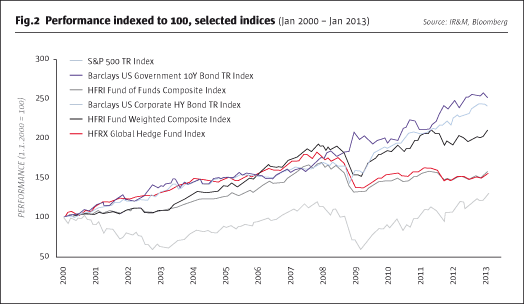
Hedge funds play a crucial role in the investment world, attracting attention for their ability to generate high returns. Among these, Ken Griffin’s Citadel LLC stands out as a leader. This guide will explore hedge fund performance, focusing on Griffin's strategies, current trends, and key metrics for analysis. By the end, you'll have a clearer understanding of what makes a hedge fund successful, especially in the evolving landscape of 2025.
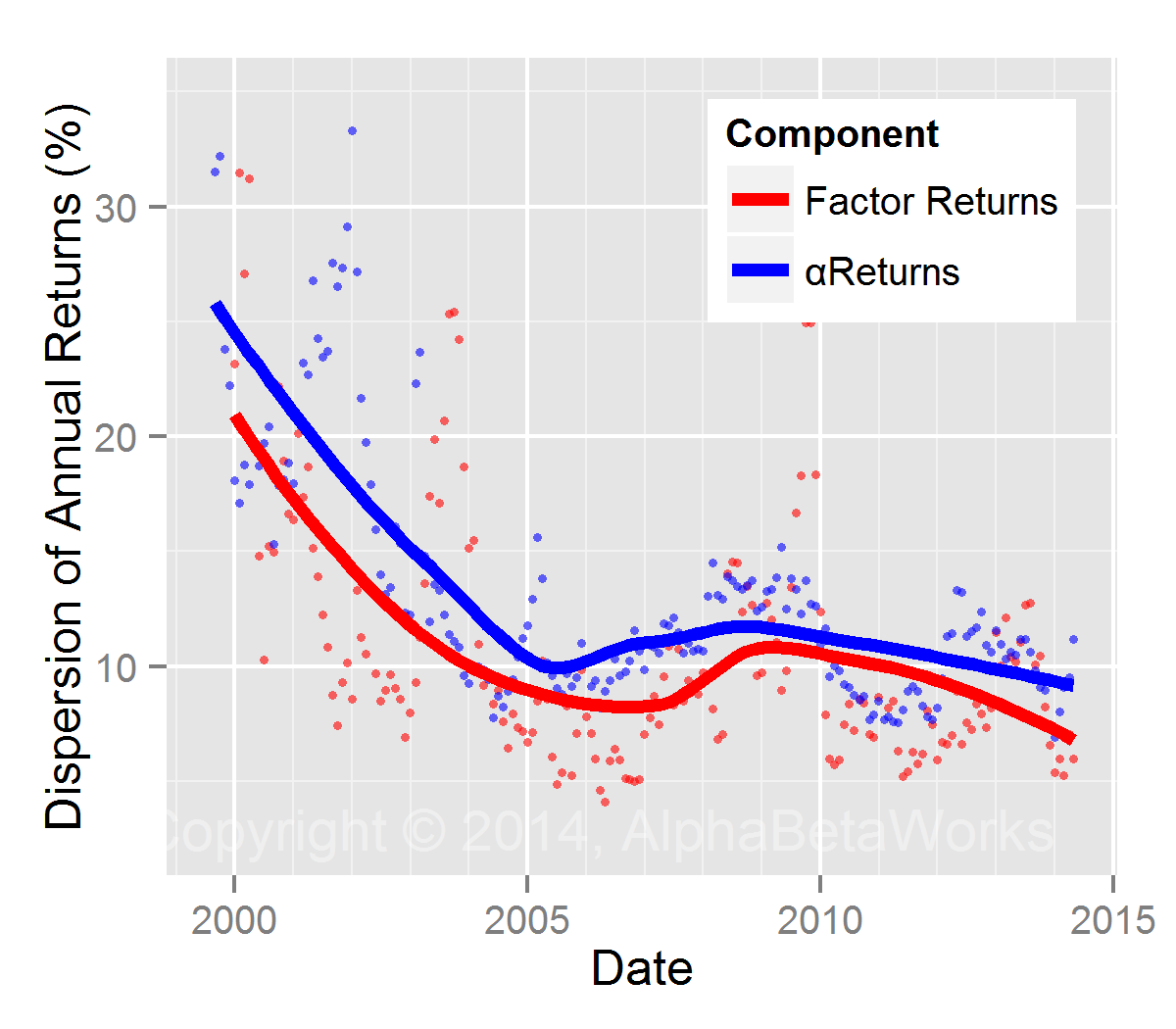
Introduction to Hedge Fund Performance
Hedge funds are pooled investment funds that employ various strategies to earn active returns for their investors. They can invest in a wide range of assets, including stocks, bonds, and derivatives. Performance analysis is vital for investors, as it helps them assess the effectiveness and risk of these funds. Understanding how to analyze hedge fund performance can lead to informed investment decisions and potentially higher returns.
Overview of Ken Griffin and Citadel LLC
Ken Griffin founded Citadel LLC in 1990, and it has since grown into a multi-strategy investment firm with a global presence. Griffin’s investment philosophy revolves around data-driven decision-making and rigorous risk management. He believes in leveraging technology and quantitative analysis to gain insights into market trends. This approach has propelled Citadel to the forefront of the hedge fund industry, with impressive returns that attract both institutional and individual investors.
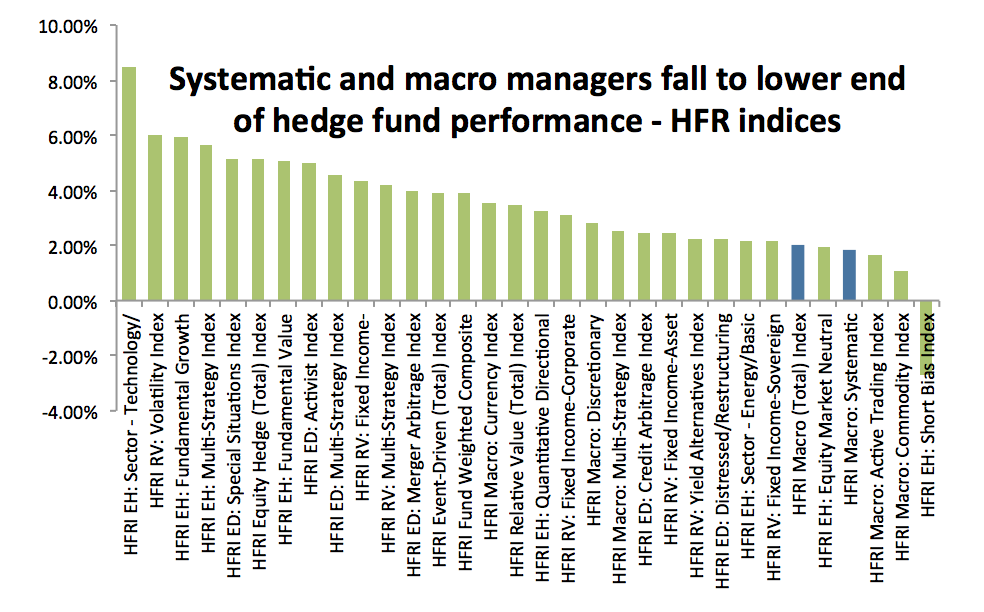
Current Trends in Hedge Fund Performance (2025)
As we look toward 2025, several trends are shaping hedge fund performance. One significant trend is the increasing use of technology and AI in trading strategies. According to a recent report by Hedge Fund Research, funds that integrate advanced analytics are outperforming traditional models. For example, Citadel’s use of machine learning to optimize trading strategies has led to its continued success, even in volatile markets.
Additionally, there is a growing emphasis on ESG (Environmental, Social, and Governance) factors. Many investors are now considering these factors in their investment decisions, which affects fund performance. Hedge funds that adapt to these trends are likely to attract more capital and perform better.
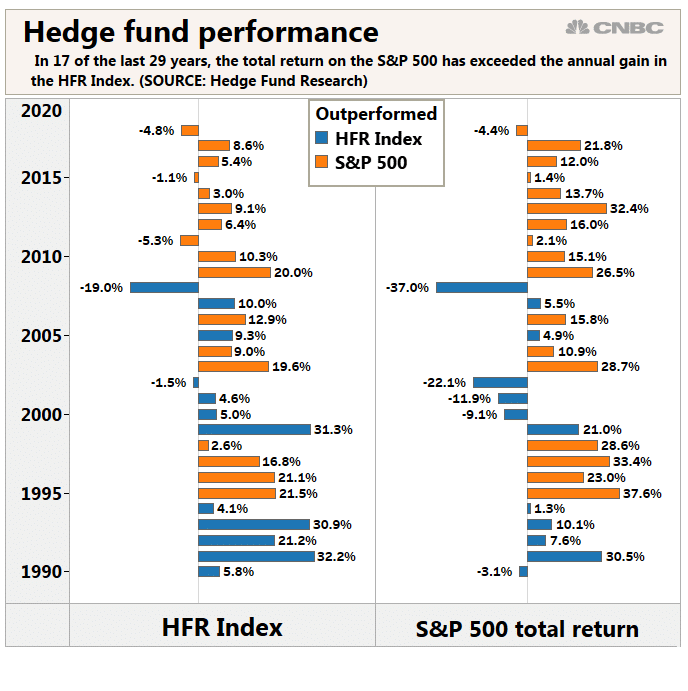
Key Metrics for Analyzing Hedge Fund Performance
When evaluating hedge fund performance, several key metrics are crucial:
-
Sharpe Ratio: This measures risk-adjusted return. A higher Sharpe ratio indicates better performance relative to risk taken.
-
Alpha: This represents the excess return of a fund compared to its benchmark. Positive alpha indicates that the fund has outperformed its market index.
-
Beta: This measures the fund's volatility compared to the market. A beta greater than one indicates higher risk and potential returns.
Understanding these metrics allows investors to make informed choices. For instance, Citadel has consistently posted high alpha values, showcasing its ability to outperform benchmarks.
Factors Influencing Hedge Fund Success
Several factors influence hedge fund performance. Market conditions are paramount; economic downturns can dramatically affect returns. For instance, during the COVID-19 pandemic, many hedge funds struggled, while others with strong risk management, like Citadel, adapted quickly and capitalized on market volatility.
Furthermore, investor sentiment and regulatory changes can impact performance. Hedge funds must navigate a complex landscape of regulations, which can affect operational flexibility and risk management strategies. Griffin's focus on compliance and transparency has positioned Citadel favorably in this regard.
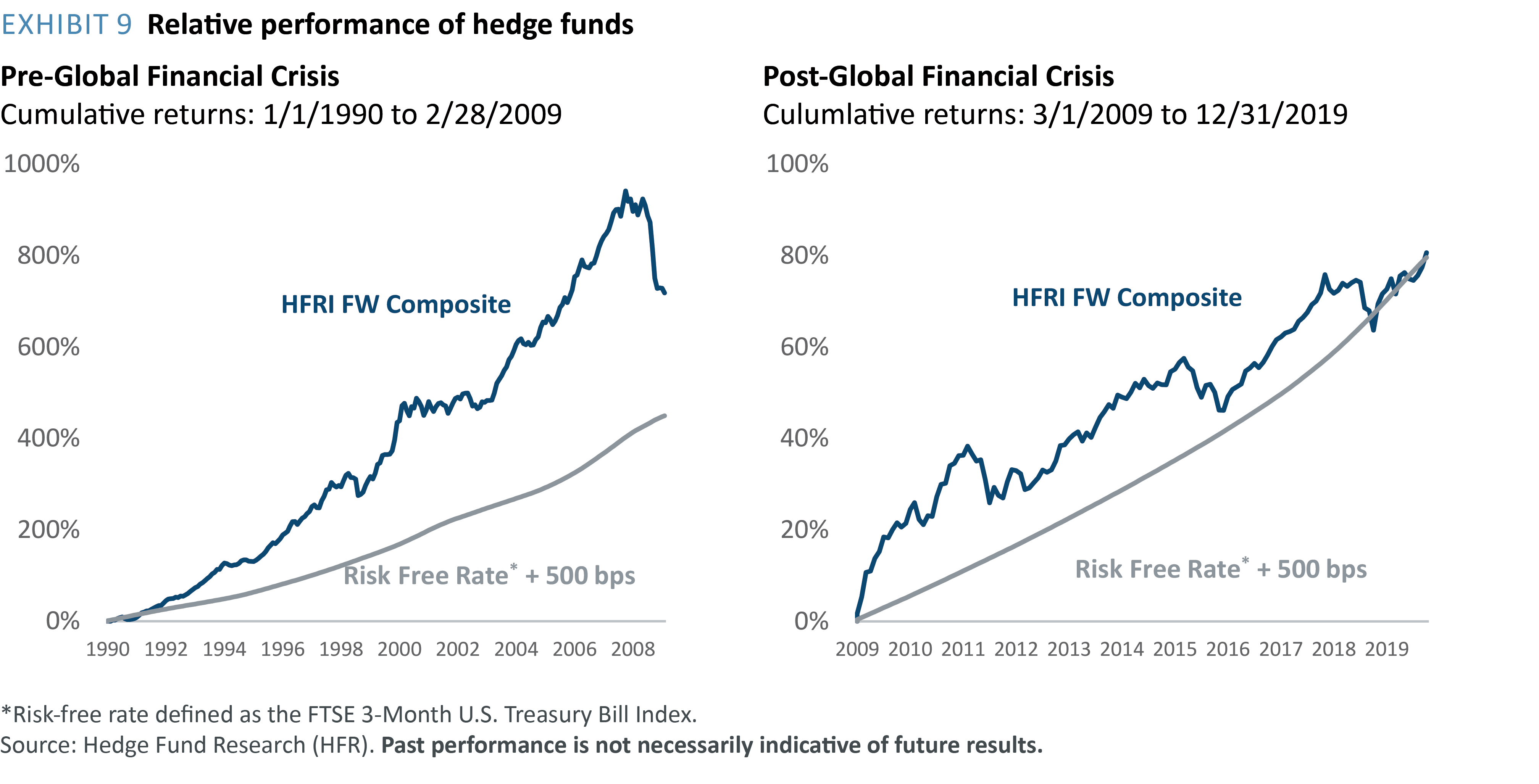
Case Studies of Successful Hedge Funds
-
Citadel LLC: Under Griffin's leadership, Citadel has achieved remarkable returns, especially through its multi-strategy approach. In 2021, the fund reported a 24% return, showcasing its resilience.
-
Bridgewater Associates: Founded by Ray Dalio, it is known for its macroeconomic focus. Bridgewater’s Pure Alpha fund has consistently delivered strong returns, emphasizing diversified strategies.
-
Renaissance Technologies: This quantitative hedge fund utilizes mathematical models to drive investment decisions. Its Medallion Fund has achieved annualized returns exceeding 40% over the past two decades.
-
Two Sigma Investments: Another technology-driven fund, Two Sigma employs data science and machine learning to enhance trading strategies. Its innovative approach has led to impressive performance metrics.
These case studies illustrate that successful hedge funds often share characteristics, such as strong leadership, innovative strategies, and effective risk management.
Conclusion and Future Outlook
In summary, understanding hedge fund performance involves analyzing various factors, from key metrics to current trends. Ken Griffin's Citadel LLC exemplifies the potential of combining technology with sound investment strategies. As we move toward 2025, staying informed about these trends and metrics will be essential for investors.
If you’re considering hedge funds for your investment portfolio, remember to analyze performance critically and explore various strategies. For more insights, check out our resources on hedge fund basics, investment strategies, and risk management techniques. Investing wisely can pave the way for financial success in the ever-evolving hedge fund landscape.